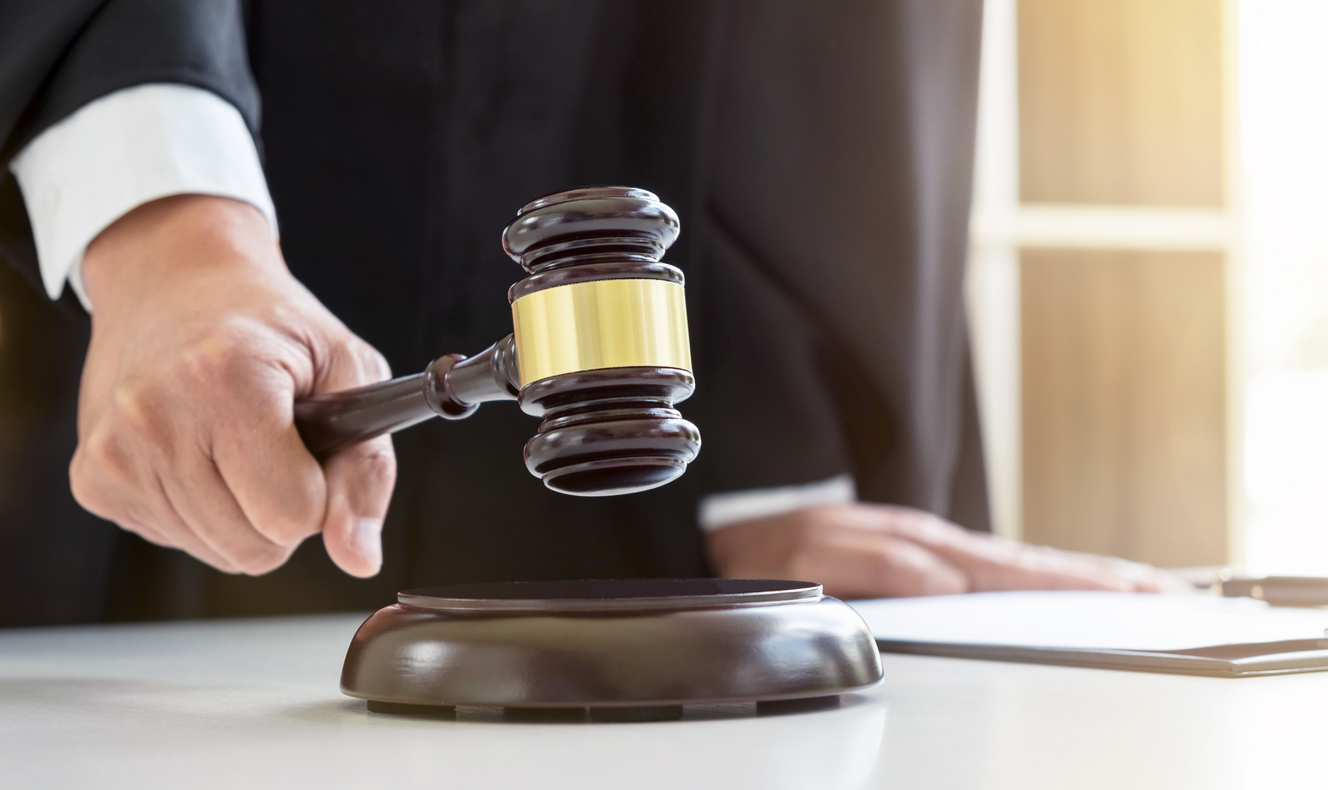Kibbey Wagner Injury & Car Accident Lawyers | October 28, 2022 | Personal Injury

Standing to sue is a legal principle that requires a person to have an active interest in the outcome of a case as a prerequisite to sue. Article III of the Constitution requires that litigants meet the standing requirement before they can bring suit in federal court.
In Florida, the test is similar, but it involves three essential elements. If you have any questions about the following three elements in your personal injury case, contact an attorney for help.
Injury in Fact
The first legal element that you must be able to show is that there is an “injury in fact.” This means that you were actually injured in some way. The injury cannot be hypothetical in nature.
There are a few different types of legally recognizable injuries, such as:
- Physical injuries – Personal injury cases often seek compensation for physical injuries. For example, you may have suffered a fracture in a car accident.
- Emotional injuries – You may have suffered from shock, post-traumatic stress disorder, depression, or other emotional injuries because of a wrongful death or other personal injury matter.
- Damage to reputation – In cases of libel or slander, a recognized type of injury is damage to one’s reputation.
- Financial injuries – You could suffer monetary losses, such as medical expenses, lost wages, or property damage.
You must be able to show these injuries through evidence.
Causation
It is not enough in a personal injury case to show you were injured. Instead, you must be able to connect the injury to the defendant’s negligence. The defendant’s action (or inaction) must have directly caused the injuries you suffered.
Causation must be proven at trial. The court does not determine causation at the early stages of the case when determining whether there is standing to sue. Instead, the court reviews the evidence in the complaint and determines whether there is a reasonable likelihood that a causal link between the defendant’s alleged actions and your injuries exists.
Redressability
Finally, the court considers whether it has the power to provide a legal remedy in the case. Some courts can provide “equitable” remedies, such as ordering an offender from doing something that is harming the plaintiff or declaring that a tenant cannot be evicted from a property. In personal injury cases, the court’s remedy is typically to award financial damages.
Courts cannot rewind time and make it so that you were not injured. However, they try to make you “whole” again by awarding you compensation for the economic and non-economic damages you have suffered.
Economic damages include:
- Your past, present, and future medical expenses
- Costs of personal care or long-term nursing home care
- Your lost wages and lost employment benefits you suffered because of your injuries
- The loss or reduction in your earning capacity caused by your injuries
- Costs to repair or replace personal property that was damaged in the accident
These damages have an economic impact on your life and can generally be established through receipts, invoices, estimates, and other documentation.
However, Florida courts recognize that accident victims may suffer in ways that cannot always be quantified so easily.
Accordingly, you have the right to pursue compensation for non-economic damages you suffer, such as:
- Pain and suffering
- Physical discomfort
- Mental anguish
- Emotional distress
- Disfigurement caused by your injuries
- Scarring caused by your injuries
- Loss of enjoyment of life
- Loss of quality of life
Because these losses are more difficult to quantify, juries are usually instructed to use their best judgment to determine the value of such losses.
Contact KW Stuart Personal Injury & Car Accident Lawyers For Help Today
For more information, please contact the Stuart personal injury law firm of KW Stuart Personal Injury & Car Accident Lawyers to schedule a free consultation today.
We proudly serve Martin County and its surrounding areas in Florida:
KW Stuart Personal Injury & Car Accident Lawyers – Stuart
73 SW Flagler Ave
Stuart, FL 34994
(772) 444-7000